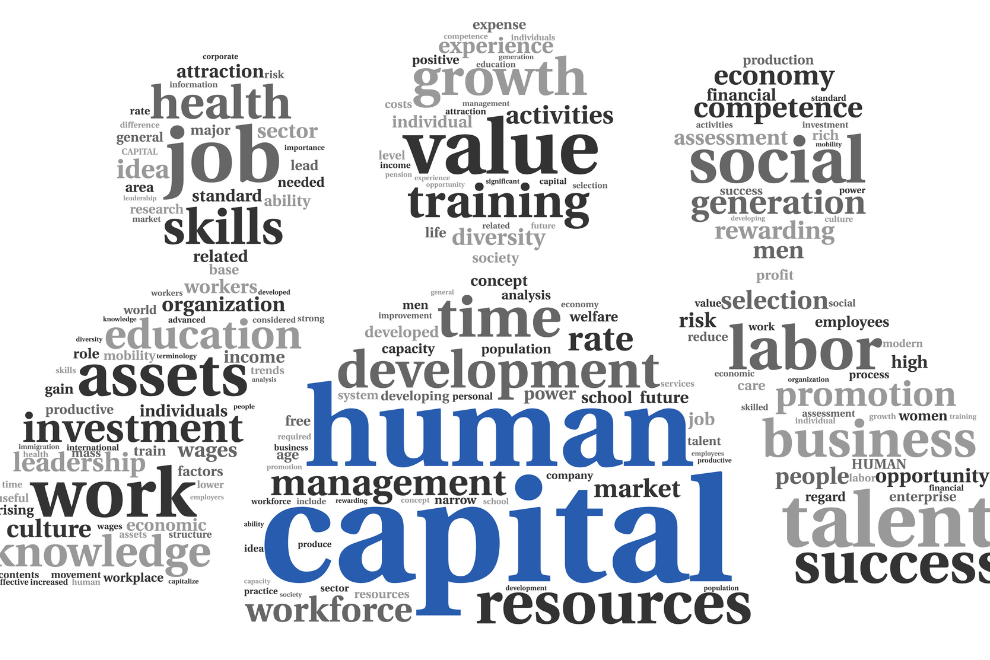
The impending recession in 2023 has put immense pressure on organisations to innovate towards a leaner structure while doubling down on revenue and profits. From a leadership standpoint, this means keeping your organisation’s human capital relevant amidst insurmountable challenges
But how can one do this? Upgrading skill sets, hard skills and the hot topic of soft skills seem to be critical in today’s climate.
We had a heart-to-heart with Leonard Lee, a Senior Facilitator and Leadership Coach at The School of Positive Psychology, about the nitty-gritty of Psychological Capital, or PsyCap, who shared a wealth of exciting insights.
Leonard has over 25 years of corporate experience in leadership development and talent. He also founded the HR Consulting company HectoR Consulting.

Before we delve deep into Psychological Capital (PsyCap) at length, Leonard explained traditional investments and how humans are the new capital investment. “Traditionally, capital investments included physical space, equipment, machinery and financial muscle,” Leonard pointed out.
He continued, explaining that in today’s context, capital investment now includes human capital – investing in employees. Seeing them as part of your capital investment, their skills and experience make up the capital investments.
Building on the notion of human capital and employees as capital, Leonard spoke about expanding on this a little further – by looking at the employee’s psychological makeup, how a person thinks, their resilience, optimism and their general mental being.
PsyCap is a concept made famous by Organisational Behaviour Professor Fred Luthans. The person can tap into their positive psychological state and resources to improve their wellbeing and job performance.

Previously, when talking of human capital, Leonard explained, it referred to what a person knew, had studied at university, what skills they had trained in and learnt, the hard skills.
“As time has gone by, organisations realise that more is needed. The whole realm of motivation and behaviour has now become more of a focus; people’s wellbeing and psychological makeup play an essential part in their performance,” adds Leonard.
Leonard pointed out that high levels of hope, efficacy (self-efficacy), resilience and optimism often define psychological capital, otherwise known by its acronym HERO.
“One can imagine that if an individual has high levels of HERO, the individual would potentially be in a flourishing state of wellbeing, ready to embark on challenges which could benefit the organisation,” remarked Leonard.
He pointed out that developing this aspect of their employees can enable their human resources to be a differentiating competitive advantage. Research has shown that high HERO levels positively affect employee satisfaction and performance.

Given the complexities human capital faces in today’s volatile environment, leaders must build PsyCap in their employees.
Leonard explained that beyond the usual skills, leaders need to inspire hope and build self-efficacy, resilience and optimism in their workforce.
For example, one of the features of transformational leadership relates to how the leader cultivates intellectual stimulation and promotes coaching – all intending to increase the employees’ self-efficacy- which is one of the tenets of PsyCap.
In its simplest form, HERO is:

Leonard clarified, “The tenets of HERO are a mix of inherent behaviour and learnt abilities.
According to Leonard, one can be predisposed to certain aspects of HERO. For example, there is bountiful research on how one can be predisposed to optimistic or pessimistic tendencies.
However, he went on to say that studies have also shown the importance of learned behaviour and how techniques in positive psychology, like reframing, can help one increase one’s PsyCap. It is critical to start from a place of self-awareness.
The benefits of PsyCap are many, as Leonard explained.
On a personal level, from a positive psychology angle, concepts like hope, resilience and optimism are known to evoke positive emotions, which will broaden minds and lead to being open to ideas and possibilities.
According to psychologist Barbara Fredrickson, these will, in turn, help build personal wellbeing resources, ranging from physical to intellectual and social resources, leading to better mental health support.
“From a business standpoint, there are links to show that employee wellbeing plays a vital role in increasing job performance. Employees are more engaged and will perform better,“ added Leonard.
If you take the example of self-efficacious employees, they will be more confident as they take on new and different tasks.

Our signature leadership programme, SMILE Leadership Masterclass includes a module on PsyCap. Leaders learn to be hopeful, gain efficacy, resilient and optimistic in times of uncertainty. Reach out at hello@positivepsych.edu.sg if you want to build leaders who know how to build high-performing teams through PsyCap.
Resources: